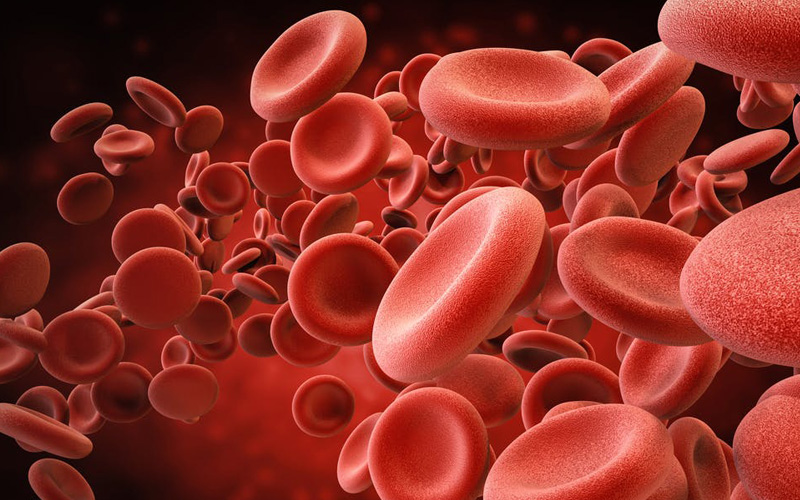
Red blood cells are the key to life. They are constantly traveling through your body, delivering oxygen and removing waste. If they didn’t do their job, you would slowly die. Red blood cells contain a protein called hemoglobin that gives blood its red hue. Hemoglobin contains iron, which makes it an excellent vehicle for transporting oxygen and carbon dioxide. As blood passes through the lungs, oxygen molecules attach to the hemoglobin. When the blood passes through the body’s tissue, the hemoglobin releases oxygen to the cells. The empty hemoglobin molecules then bond with the tissue’s carbon dioxide or other waste gasses to transport them away. Over time, red blood cells get worn out and eventually die. The average life cycle of a red blood cell is only 120 days. But don’t worry! Your bones are continually producing new blood cells.